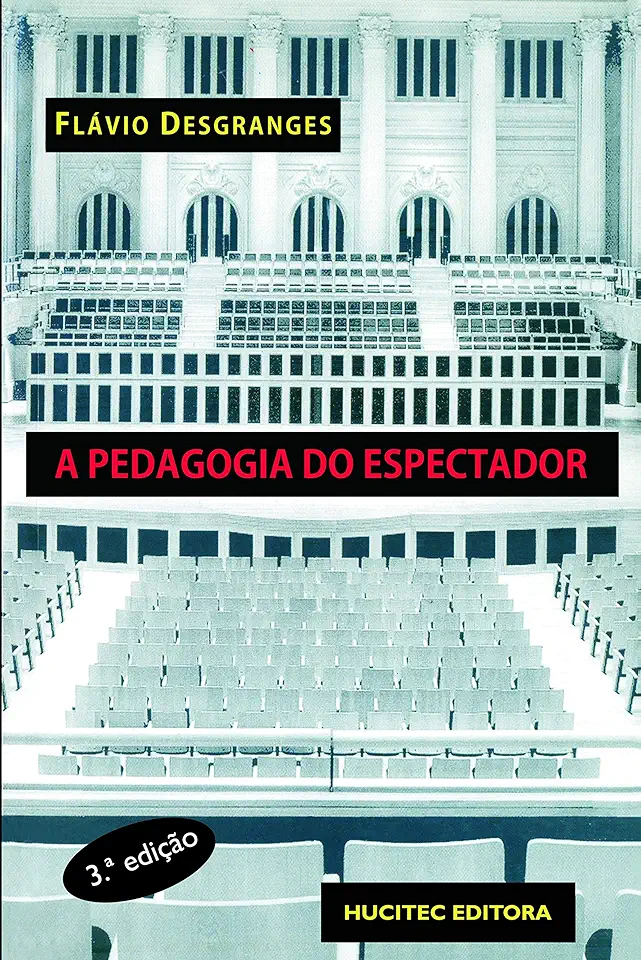
The Pedagogy of the Spectator - Flavio Desgranges
The Pedagogy of the Spectator: A Radical Approach to Education
In his groundbreaking book, "The Pedagogy of the Spectator," Flávio Desgranges challenges traditional notions of education and proposes a radical new approach that centers around the concept of the spectator. Drawing on a wide range of sources, including philosophy, sociology, and cultural studies, Desgranges argues that the role of the spectator is not simply passive but rather an active and critical one that can be harnessed for educational purposes.
The Problem with Traditional Education
Traditional education, Desgranges argues, is based on a model of transmission, in which knowledge is passed down from teacher to student in a hierarchical manner. This model assumes that the teacher is the expert and the student is the empty vessel that needs to be filled with knowledge. However, Desgranges argues that this model is no longer effective in a world where information is abundant and easily accessible.
The Spectator as a Critical Observer
In contrast to the traditional model of education, Desgranges proposes a pedagogy of the spectator that emphasizes the role of the student as a critical observer. The spectator is not simply someone who passively receives information, but rather someone who actively engages with it, questions it, and interprets it. This process of critical observation, Desgranges argues, is essential for developing the skills that students need to succeed in the 21st century, such as critical thinking, problem-solving, and creativity.
The Role of the Teacher in a Pedagogy of the Spectator
In a pedagogy of the spectator, the role of the teacher is not to transmit knowledge, but rather to facilitate the process of critical observation. The teacher creates opportunities for students to engage with different texts, images, and experiences, and then guides them in their analysis and interpretation of these materials. The teacher also encourages students to share their own perspectives and experiences, and to engage in dialogue with each other.
The Benefits of a Pedagogy of the Spectator
A pedagogy of the spectator has a number of benefits over traditional models of education. First, it is more engaging and motivating for students. When students are actively involved in the learning process, they are more likely to be interested in the material and to retain what they learn. Second, a pedagogy of the spectator helps students to develop critical thinking skills. By questioning and interpreting information, students learn to think for themselves and to make their own judgments. Third, a pedagogy of the spectator promotes creativity. By encouraging students to share their own perspectives and experiences, teachers create a space for new ideas and possibilities to emerge.
Conclusion
"The Pedagogy of the Spectator" is a powerful and provocative book that challenges traditional notions of education and offers a radical new approach that is based on the concept of the spectator. Desgranges argues that the role of the spectator is not simply passive but rather an active and critical one that can be harnessed for educational purposes. By engaging students as critical observers, teachers can help them to develop the skills they need to succeed in the 21st century.